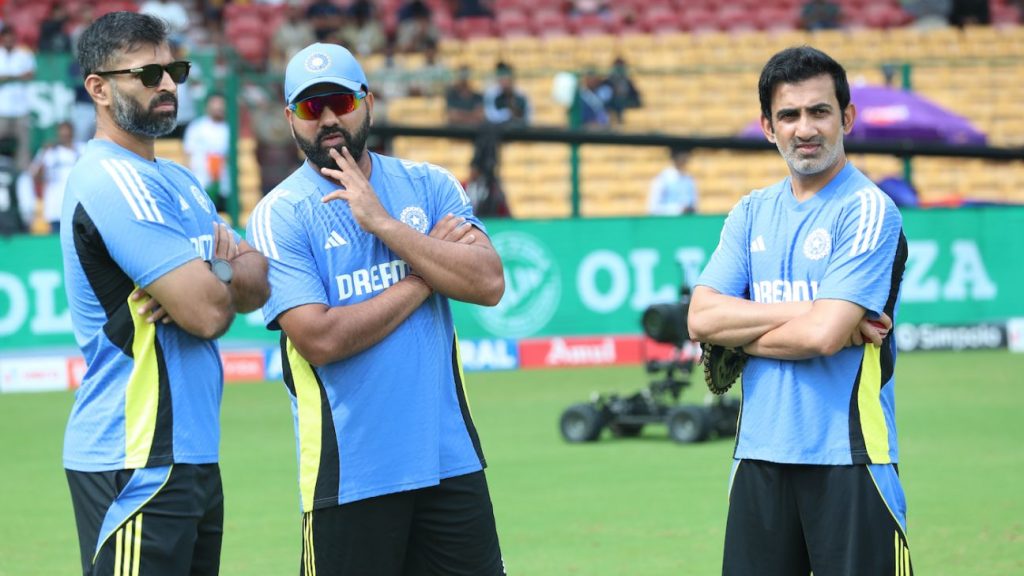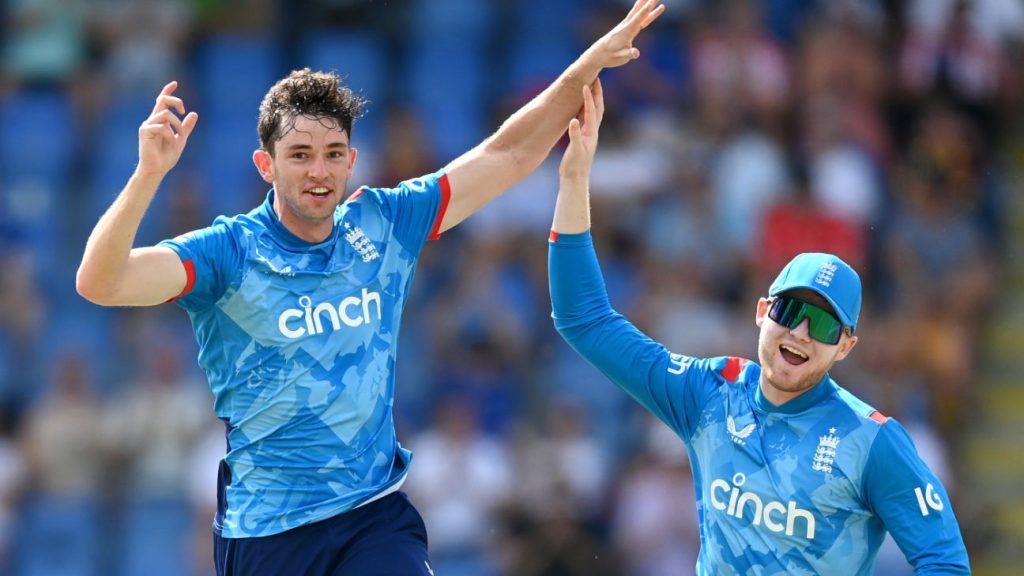Stand-in captain hopes the young team will grow in confidence after notching a win in challenging conditions in Mirpur

Ten years and six tours is how long South Africa have waited for a Test win in the subcontinent, which is something none of their current squad have experienced until now. Only five members of the playing XI in Mirpur have featured in a Test match in the subcontinent before and though eight of the 15-man squad have toured Asia, no one was part of the South African team that last enjoyed success on the continent, in Galle in 2014.
The long period between victories was marred by massive losses and breaking the drought is what stand-in captain Aiden Markram hopes could be the start of something new. "It's special. We're a pretty young, slightly inexperienced group, so to come to the subcontinent and get a win is great for us and the environment," Markam said at the post-match press conference. "This win does a lot for us and gives us a taste of what playing cricket in the subcontinent is like, and it excites us for the challenges that we possibly face here."
It also may spark some memories of a time, not that long ago, when South Africa were superior in the subcontinent. Between 2007 and 2014, they played 15 Tests in Pakistan, Bangladesh, India, Sri Lanka and the UAE and lost only three, racking up series wins over everyone except India, against whom they drew twice. In the same period, Australia won just one out of 15 Tests in the subcontinent and England won three out of 16. Apart from India and Sri Lanka, South Africa were, by far, the most successful team in Asia over that period of time.
That ended in 2015, when South Africa were outspun 3-0 in India in a series which started a significant slide. After their win in Galle in 2014, South Africa played 14 more Tests in the subcontinent before this one, and lost ten. Six of those defeats were in India but they were also blanked 2-0 by Sri Lanka in 2018 and Pakistan in 2021.
All those occasions were marked by how poorly South Africa played against all kinds of spin, from the left-arm spin of Noman Ali, Ravindra Jadeja and Rangana Herath to the offspin of R Ashwin and the legspin of Yasir Shah. In Bangladesh too, spin proved the biggest threat as South Africa lost five of their top six to Taijul Islam in the first innings and at 108 for 6, looked like only gaining a marginal advantage. It was thanks to Kyle Verreynne and his second Test hundred that South Africa took a healthy, and ultimately match-winning lead.
Verryenne called the innings the "best" of his Test career, because it came in "the toughest conditions I have played under." He cited the heat and humidity as one of the challenges and facing "long periods of spin bowling," as the other.
Of the 144 balls delivered to Verreynne, 115 were from spinners, which amounts to 80%. The work Verreynne has done on the sweep shot was evident as ESPNcricnfo's ball-by-ball data recorded that he scored almost half his runs, 49, with sweeps - conventional, reverse and slog - and maintained a strong scoring rate too.

Overall, Verreynne struck at 79.16, and against Taijul, he was particularly aggressive with 49 runs off 53 balls.
"Kyle sweeps really well, swept for a lot of his innings and he ended up doing well," Markram said. "So it's nice to see the guys backing those sorts of strengths. He's a good player of spin and for him to score a hundred in his first Test match in the subcontinent is a really special feat."
While Verreynne traveled with the South African squad to Pakistan in 2021, he only made his debut later that year in West Indies. He competed with Heinrich Klaasen for the role of South Africa's first-choice wicket-keeper but Klaasen's Test retirement in January has meant Verreynne has the opportunity to make the spot his own. "He's had a bit of backing now from the management, and he just looks really comfortable now in the environment," Markram said.
Having Verreynne's spot fairly secure ramps up competition with reserve keeper Ryan Rickelton, who has gone six Tests with a top score of 42. If regular captain Temba Bavuma recovers from an elbow niggle in time to play the second Test, one of Rickelton or Matthew Breetzke will have to make way and both could end up sitting out if South Africa opt for a fifth frontline bowler.
They went into the Mirpur game with a four-man attack and there were times in Bangladesh's second innings when it seemed lacking. Still, they'll be heartened by the way their champion quick Kagiso Rabada, who combined well with Wiaan Mulder in the first innings and then took a six-for in the second, registered his best figures in the subcontinent.
Rabada's wicket-taking ability is second to none, literally, as was documented when he became the only bowler to take 300 Test wickets in under 12,000 deliveries, and doing it in the subcontinent only makes him stand out more. On a surface with good bounce, Rabada's hard lengths made him difficult to get away and dangerous and Markram hailed him as a "superstar."
Having Rabada fresh and firing also vindicates CSA's decision to rest him between August and now, and leave him out of white-ball series in the UAE, and it shows how the two national coaches are working together. Test coach Shukri Conrad and white-ball coach Rob Walter jointly plan selections so that each of them has the best players available when it matters most.
For the next two-and-a-half months Test cricket is the focus and Rabada, and to an extent Markram, who was released from the UAE early, have been allowed to focus on that.
South Africa, despite limited Test matches in the calendar, remain in the running for the World Test Championship final but they cannot afford many (or any) slip-ups. They have five matches left to play - one next week in Chattogram, and four at home. They must win at least four to give themselves a chance to make the final in this cycle and this victory has shown them they can do that.
It has also given them confidence ahead of their return to the subcontinent next year to begin the next cycle with two Tests against each of Pakistan and India, where even tougher challenges await.
"The biggest thing we take from it is the belief and the confidence that we actually can do well here as a team," Markam said. "I believe that's where a lot of the game is played, from a confidence and belief and a mental side of things. It will help the team a lot as far as moving forward and seeing if we can put back-to-back performances together goes."
Copyright Notice:
Datavictory copyrights this specification. No part of this specification may be reproduced in any form or means, without the prior written consent of Datavictory.
Link:


